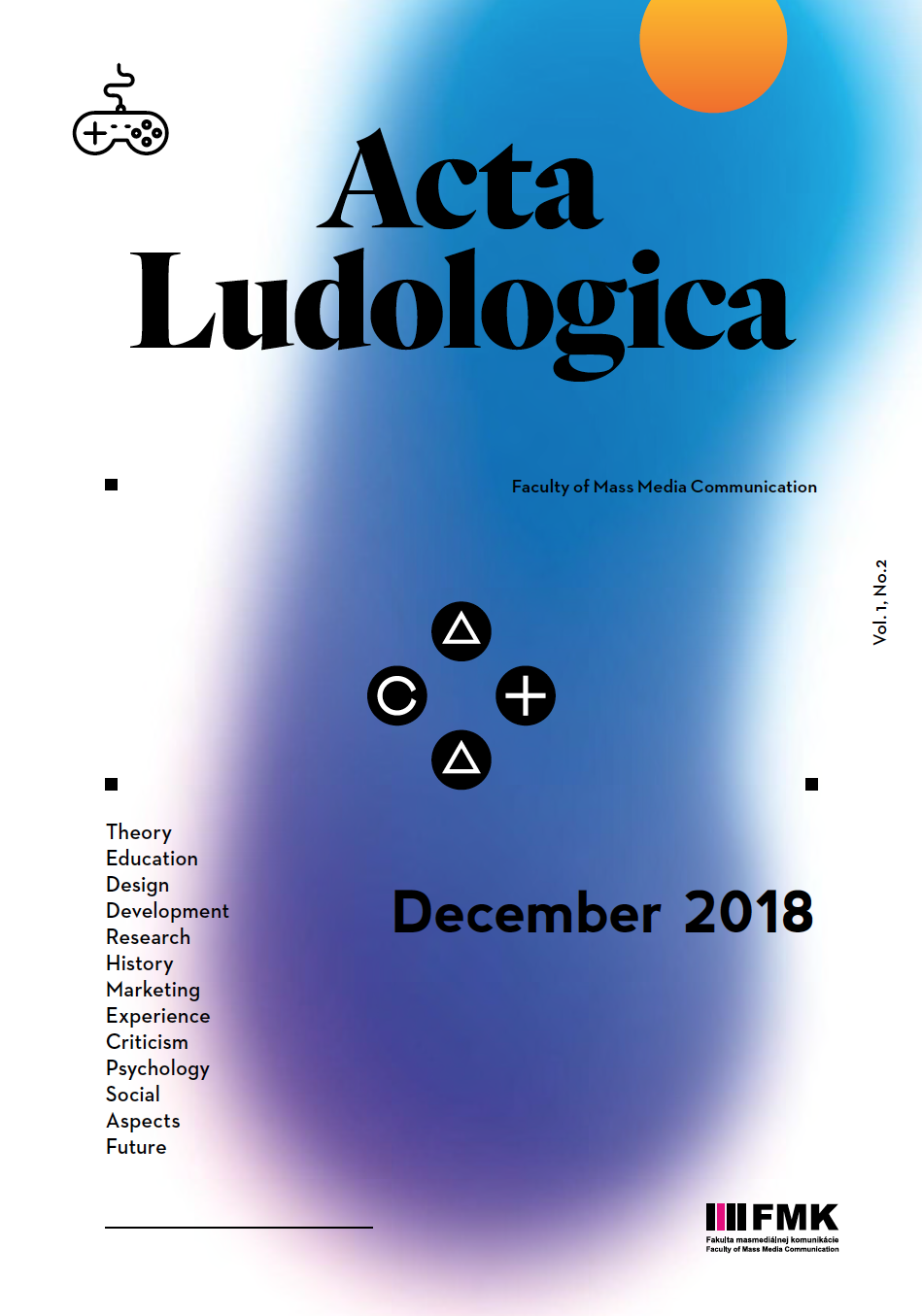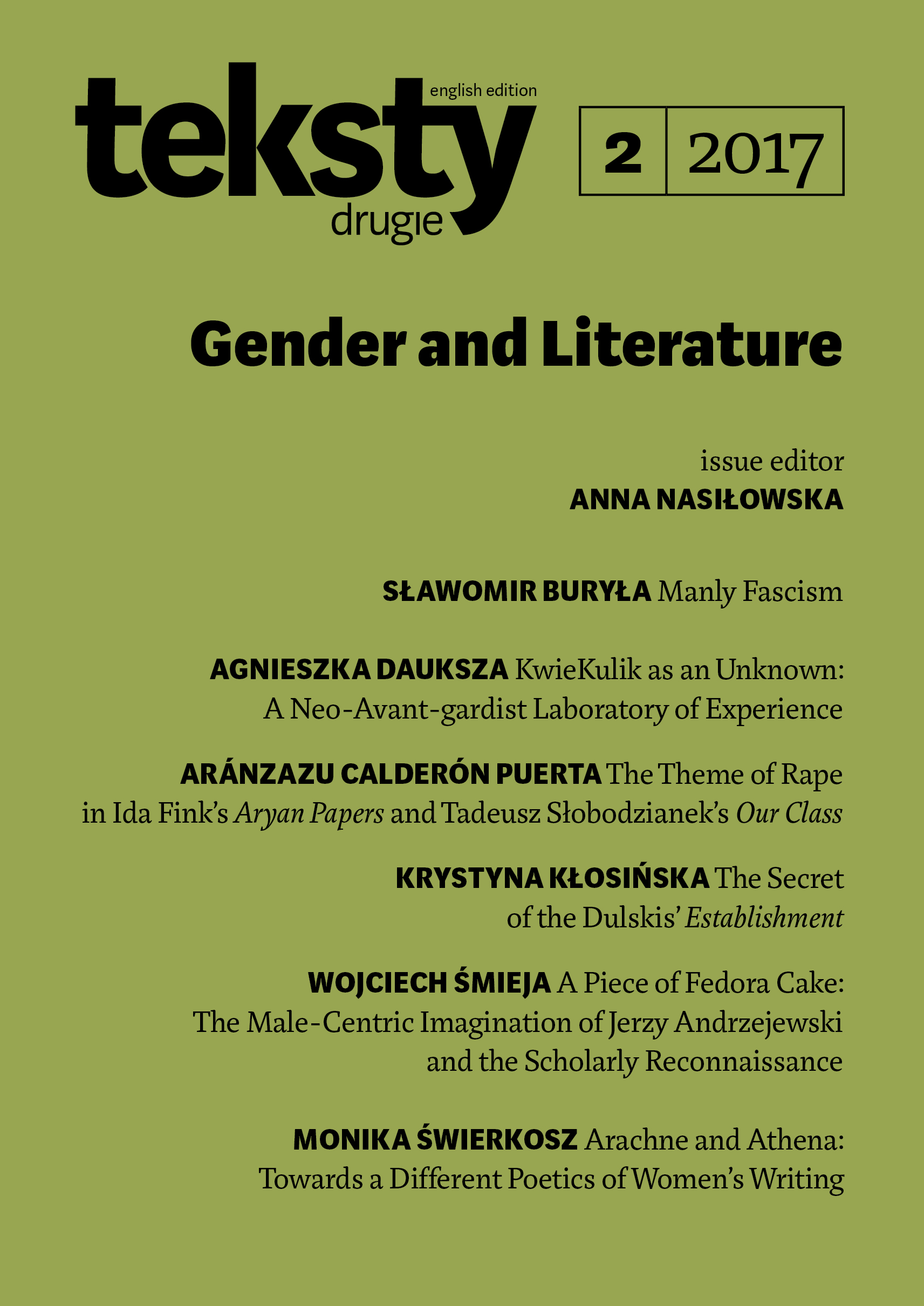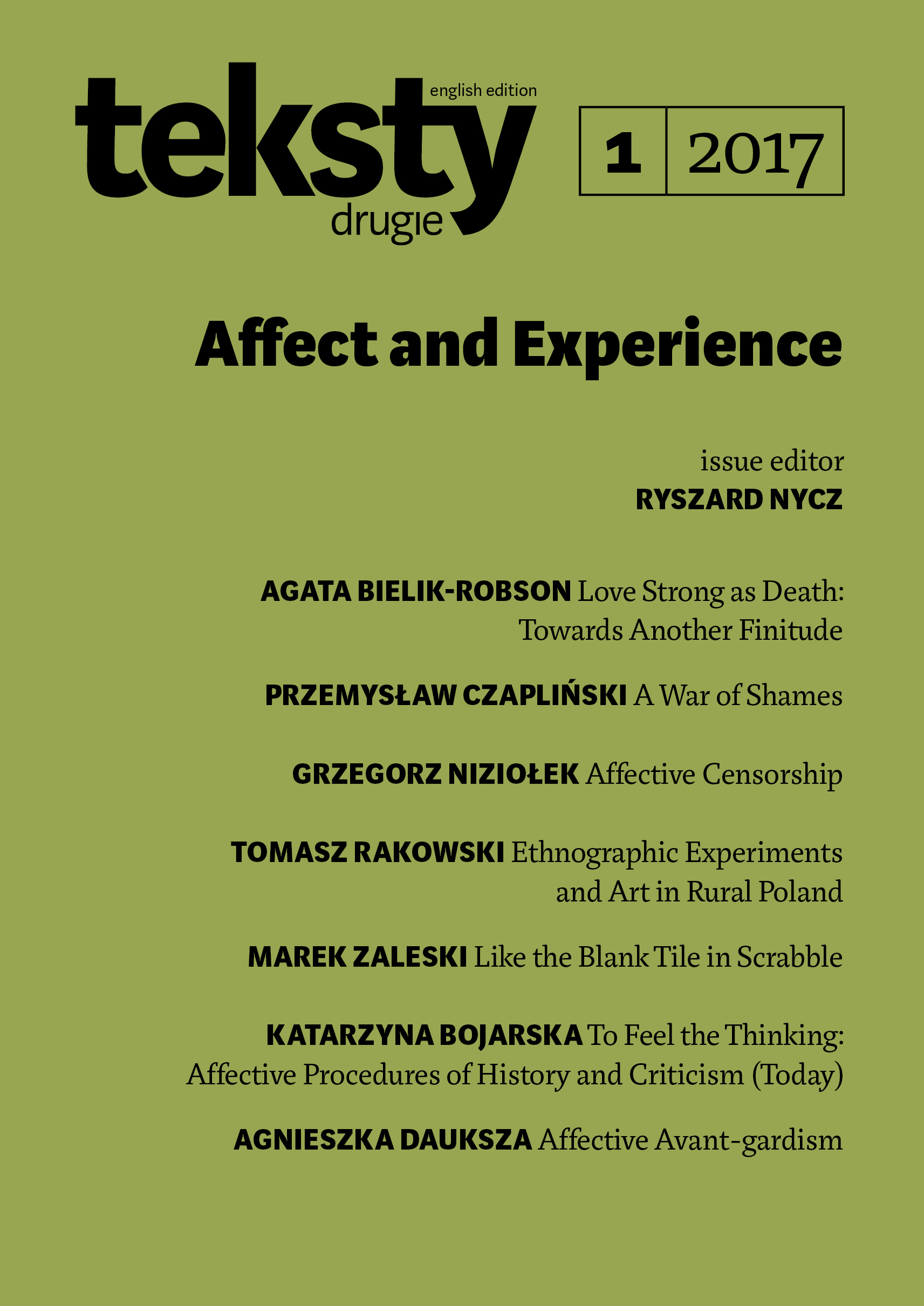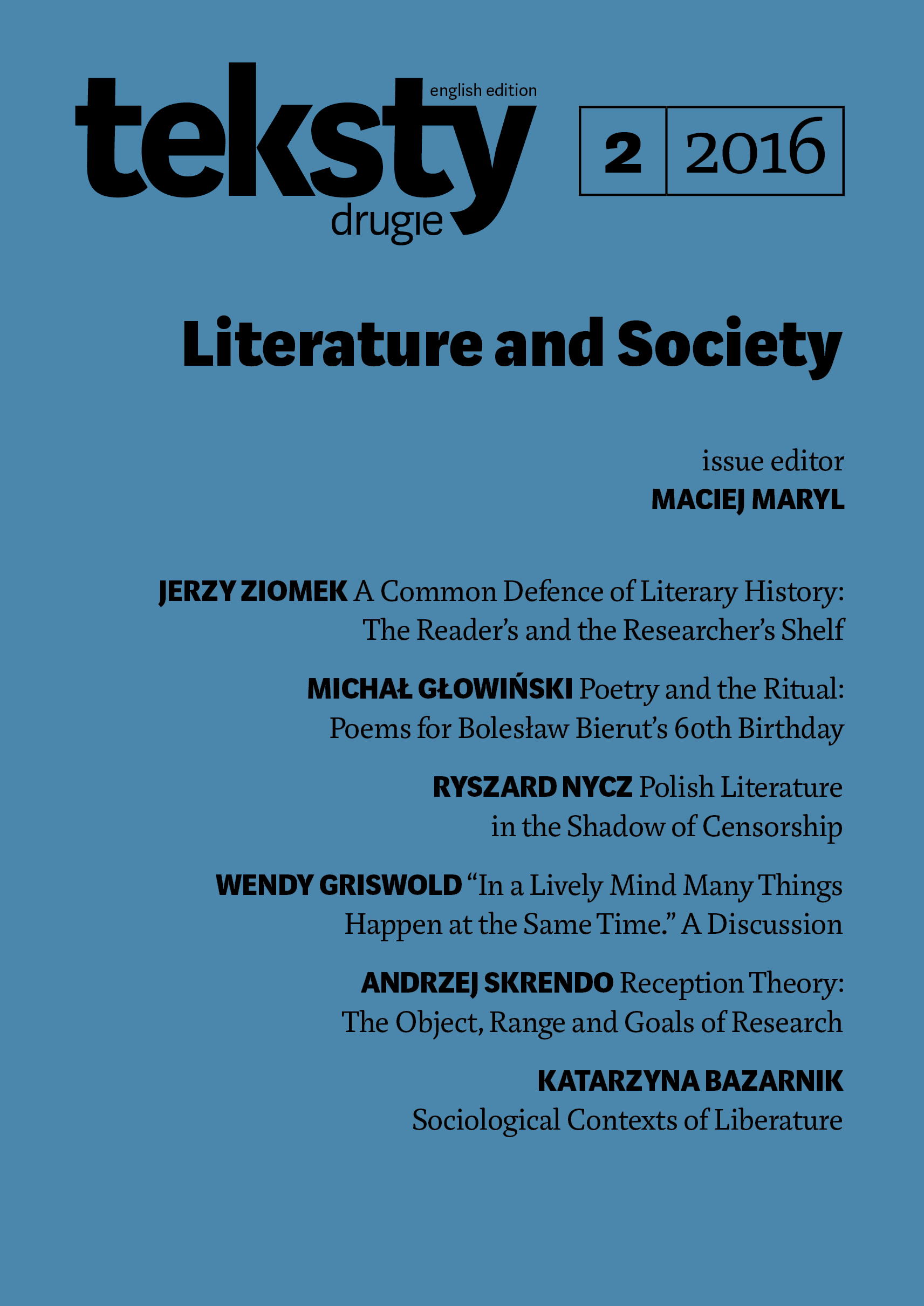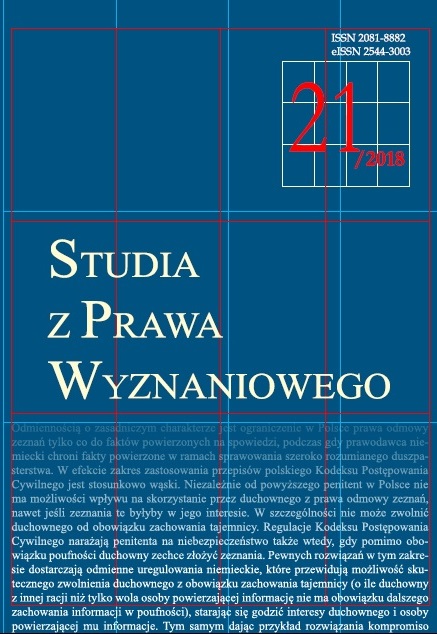
Wybrane zagadnienia dotyczące pozycji prawnej duchownego w orzecznictwie Europejskiego Trybunału Praw Człowieka
The research goal is to reconstruct selected aspects of the legal position of the religious minister on the basis of the case law of the European Court of Human Rights. The analysis includes 33 judgments and decisions on the admissibility of complaints made by the bodies of the European Convention on Human Rights in 1976-2017. Based on them, it can be concluded that the ECtHR case law in this area is grounded in many years of practice.The religious minister as such has no guarantees other than those of any other person professing religious beliefs, but he benefits from the indirect strengthening of this protection by virtue of the guarantees of corporate freedom of conscience and religion. It is the autonomy of a religious organization that differentiates his position in both positive and negative respects. The autonomy of a religious organization is, in the light of ECtHR jurisprudence, an important component of pluralism in democratic societies, and it also includes determining the requirements for the religious minister. For this reason, the religious minister obtains strong protection against the interference of state power in matters relating to his appointment and removal from the office. The cost of obtaining this protection is a significant limitation of his personal freedom of conscience and religion, and indirectly also other rights while in the office of a priest, in relation to a religious organization. However, it should be remembered that the assessment of matters related to the performance of the office of a priest depends on the formal relations between a religious organization and the state. In the case of state churches, it is possible, for example, to submit certain church matters to state jurisprudence, and a religious organization can perform its self-limitation by shaping relations with the religious minister on the basis of a regular employment contract. As a rule, however, the ECtHR clearly indicated that matters concerning the religious minister lie outside the jurisdiction of the state and its organs. Nevertheless, the controversy surrounding the ruling in Károly Nagy v. Hungary indicates that the religious minister’s status may undergo some changes in the future.
More...
